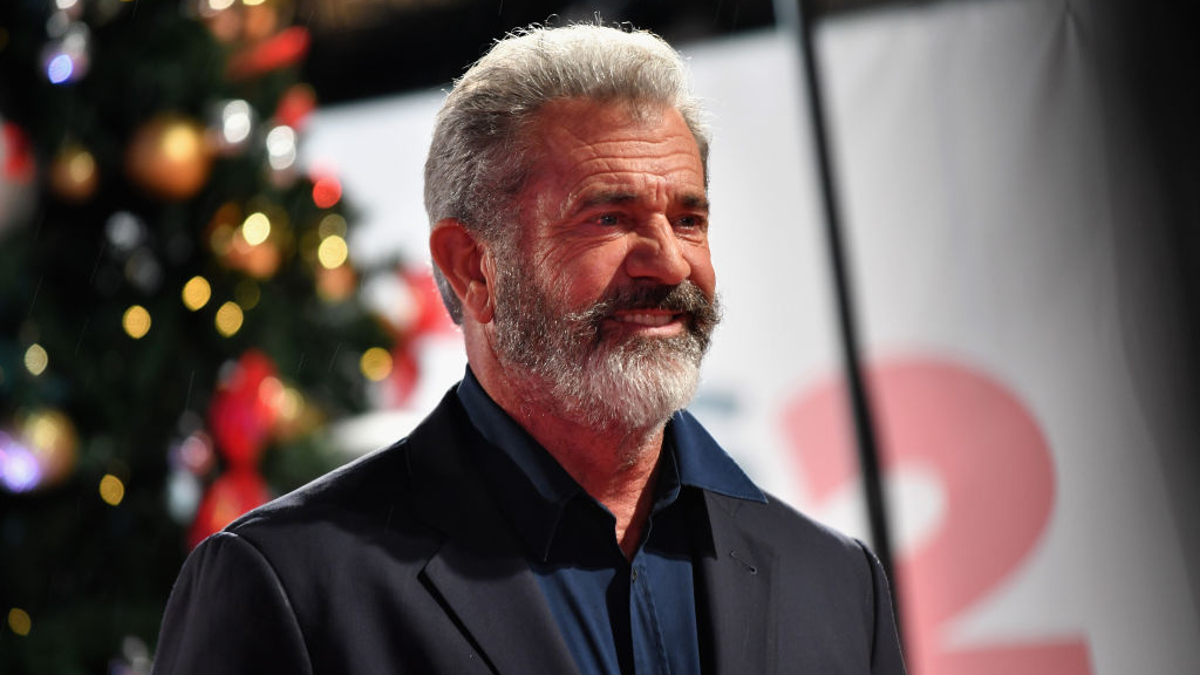It’s not exactly hard to come to the conclusion that cancel culture doesn’t really exist in Hollywood, but if there’s anybody that’s been proving that for a while, it’s Aussie-American actor and director Mel Gibson. The Braveheart star has a list of controversies as long as his IMDB page, and considering he’s been working pretty consistently for nearly half a century, that’s no small feat. While he seems to have turned over a new leaf since quitting drinking after possibly the worst of his tirades and issues, these weren’t exactly small bumps in the road to begin with, and he’s fortunate to still be getting work. But what are his biggest offenses? If you want to know the real power of being a rich, white dude who’s also been a box office draw at some point in their lives, then read ahead for the five biggest Mel Gibson controversies.
Homophobic statements in the ’90s
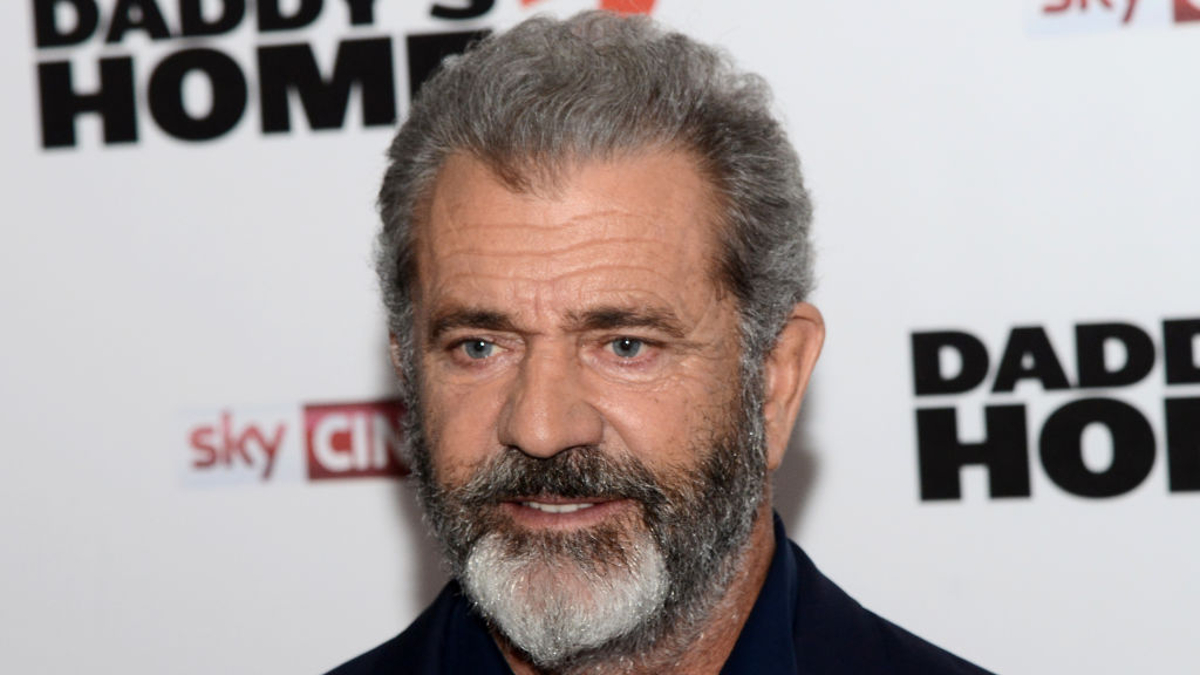
Casual homophobia was rife in the nineties, with even the most popular shows set in supposedly diverse cities making a big joke out of the fact that sometimes people of the same sex love each other. However, even by that standard, Gibson’s remarks to the Spanish daily paper El Pais in 1991 were pretty bad. When asked what he thought about gay men, he responded “They take it up the ***,” before pointing to his backside and carrying on “This is only for taking a s**t.”
When reminded that he’d worked with multiple gay men in the past, Gibson said:
“They were good people, kind, I like them. But their thing is not my thing. Do I sound like a homosexual? Do I talk like them? Do I move like them? What happens is when you’re an actor, they stick that label on you.”
As an ultraconservative Christian, this is hardly the most surprising comment, but the blatant nakedness of it is still brazen enough that it makes it on to this already terrible list. And, it gets worse too. When asked by Playboy in 1995 if he would apologize to the LGBTQ+ community, as GLAAD suggested he should, he said: “I’ll apologize when hell freezes over. They can f*** off.”
With that said, when asked again in 1999 about the interview and comments, he was quick to blame his usual scapegoat — his drinking. He did at least admit he shouldn’t have said what he did, but with the qualifier, it’s hard to see the apology as sincere. Plus, according to Winona Ryder, he asked one of Ryder’s gay friends for a drag of his cigarette and then joked he might get AIDS from it.
All the drunk driving
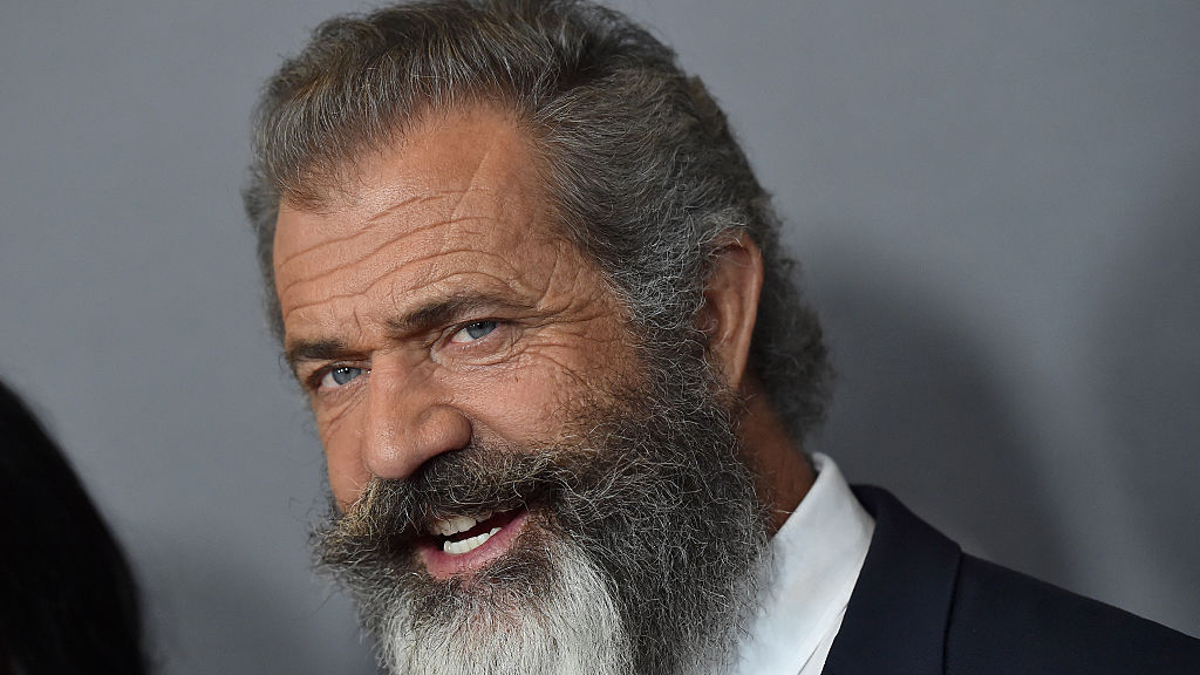
Gibson’s first DUI was back in the ’80s, when he rear-ended a car in Toronto. After retreating to a farm in Australia for a year, he seemed to still struggle with drinking, culminating in an infamous 2006 driving under the influence charge. The arrest report was leaked, destroying his reputation for years. In the report, you can read that a clearly hammered Gibson at first seemed despondent at how the charge would affect his marriage, saying “My life is over. I’m f***ed. Robyn’s going to leave me.”
However, in his inebriated state he soon went on several tirades and moans, including the following gems (or, whatever the opposite of a gem is): “What do you think you’re looking at, sugar tits?” (to a female officer at the scene of his arrest), and then, because, of course: “F***ing Jews… The Jews are responsible for all the wars in the world… Are you a Jew?” to an officer at the scene.
Later that year he once again did a minor apology tour, before asking Jewish leaders for their help in his healing process, because it’s obviously up to them instead of him. Additionally, the arresting officer was allegedly pestered to take the antisemitic language out of the report, and he claims a refusal to do so resulted in him being passed up for various promotions. He sued the police department for religious discrimination, later settling for an undisclosed amount.
Antisemitism in The Passion of the Christ
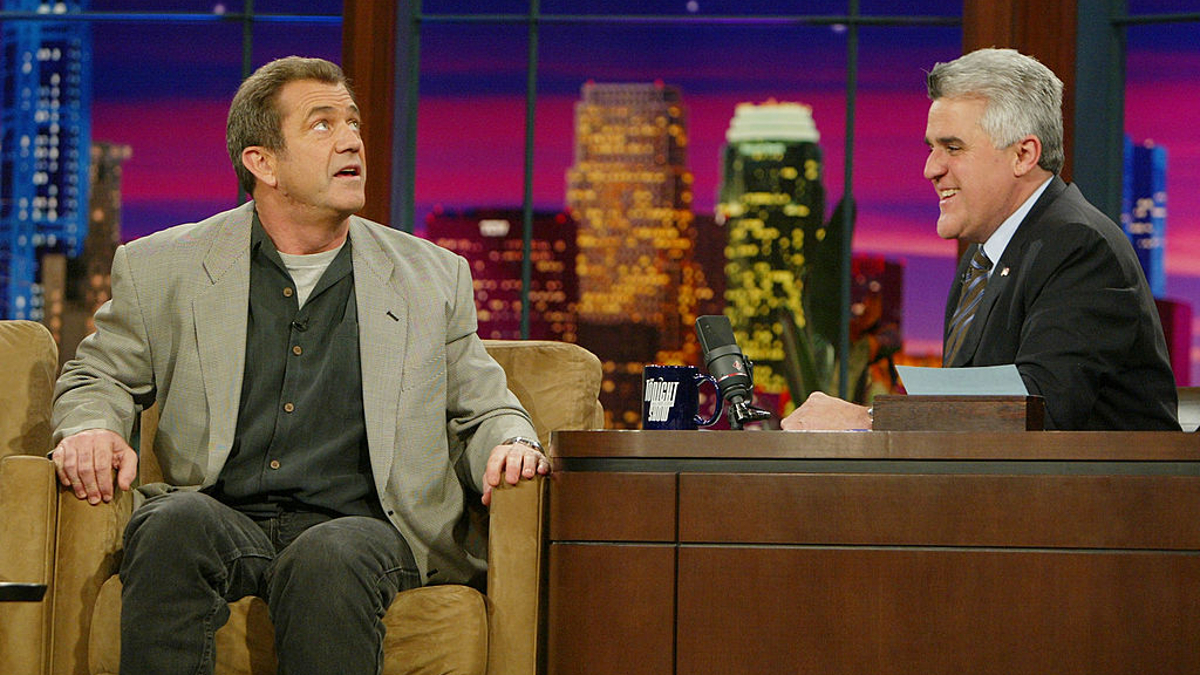
A billion-hour long epic about Christ being tortured was always going to be a controversial film, but given Gibson’s heavy involvement in The Passion of the Christ (you could call it a… passion project), it became even more likely something would go wrong. This was confirmed by the Anti-Defamation League, who received a version of the script before the film’s release, prompting them to release the following statement, saying the movie was:
“One of the most troublesome texts, relative to anti-Semitic potential, that any of us had seen in 25 years. It must be emphasized that the main storyline presented Jesus as having been relentlessly pursued by an evil cabal of Jews, headed by the high priest Caiaphas, who finally blackmailed a weak-kneed Pilate into putting Jesus to death. This is precisely the storyline that fueled centuries of anti-Semitism within Christian societies. This is also a storyline rejected by the Roman Catholic Church at Vatican II in its document Nostra aetate, and by nearly all mainline Protestant churches in parallel documents.”
The ADL added:
“For filmmakers to do justice to the biblical accounts of the passion, they must complement their artistic vision with sound scholarship, which includes knowledge of how the passion accounts have been used historically to disparage and attack Jews and Judaism. Absent such scholarly and theological understanding, productions such as The Passion could likely falsify history and fuel the animus of those who hate Jews.”
Gibson was still allowed to go on a blazing press tour to promote the film, though, and when it came out, many of those who had been critical of how it might portray Jewish people had their worries realized. One reviewer wrote:
“Gibson has violated just about every precept of the United States Conference of Catholic Bishops’ own 1988 ‘Criteria’ for the portrayal of Jews in dramatizations of the Passion (no bloodthirsty Jews, no rabble, no use of Scripture that reinforces negative stereotypes of Jews.)… The priests have big noses and gnarly faces, lumpish bodies, yellow teeth; Herod Antipas and his court are a bizarre collection of oily-haired, epicene perverts.”
The scene that caused the most outrage was one that implied the old antisemitic trope of blood libel was a real thing. The subtitles during the sequence were removed, but the dialogue kept in as Gibson thought it was important.
More antisemitism… no, seriously
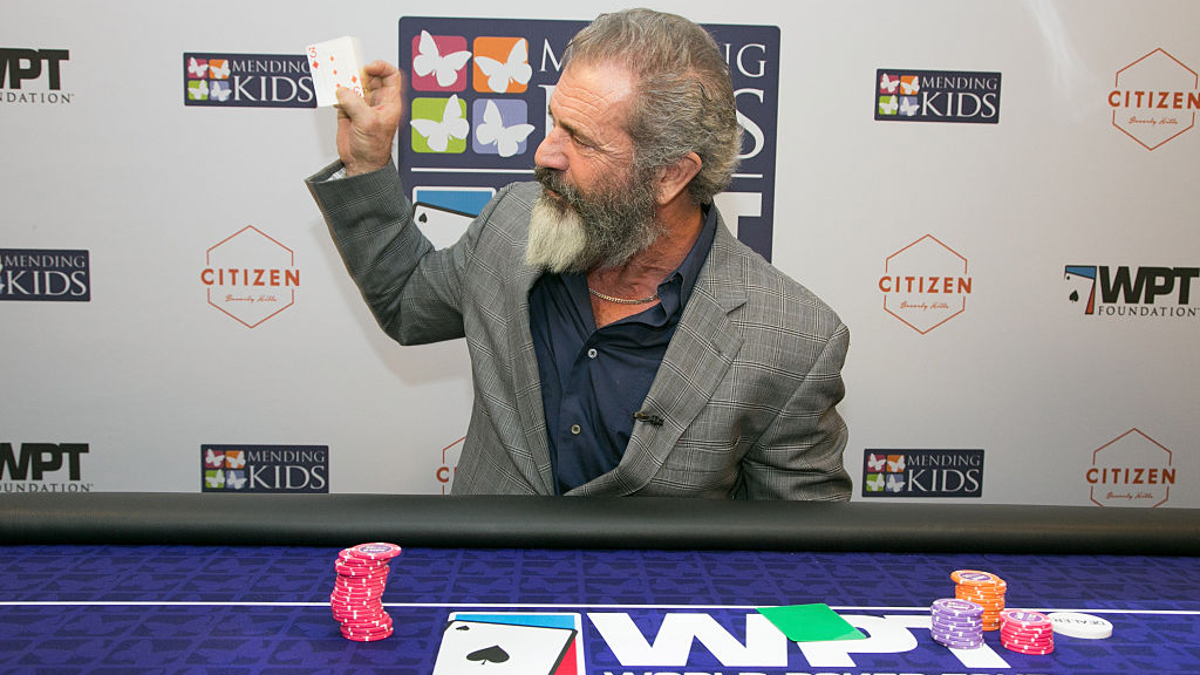
At the same party where Gibson implied he’d get AIDS from sharing a cigarette with a gay man, he also reportedly referred to Winona Ryder as an “oven dodger,” a derogatory reference to Jewish survivors of the Holocaust and their descendants. But there are much more pressing and, frankly, even more horrific allegations than that. While working on a now-scrapped film about Judah Maccabee, one of the Gibson’s co-workers and a script-writer named Joe Eszterhas claimed Gibson “continually called Jews ‘Hebes’ and ‘oven dodgers'” while they worked together, referred to the Holocaust as “mostly a lot of horseshit,” and again repeated the blood libel myth, claiming it was in the Torah. Then, in 2019, it was reported by Deadline that Gibson was set to star in a dark satire about New York’s rich, called Rothchild. The Rothschilds are a famous banking family and the regular target of antisemitic conspiracy theories online. Gibson has now distanced himself from the project.
All that said, considering his dad is like this, Gibson’s bigotry actually seems fairly mild.
Domestic violence and using slurs against black people
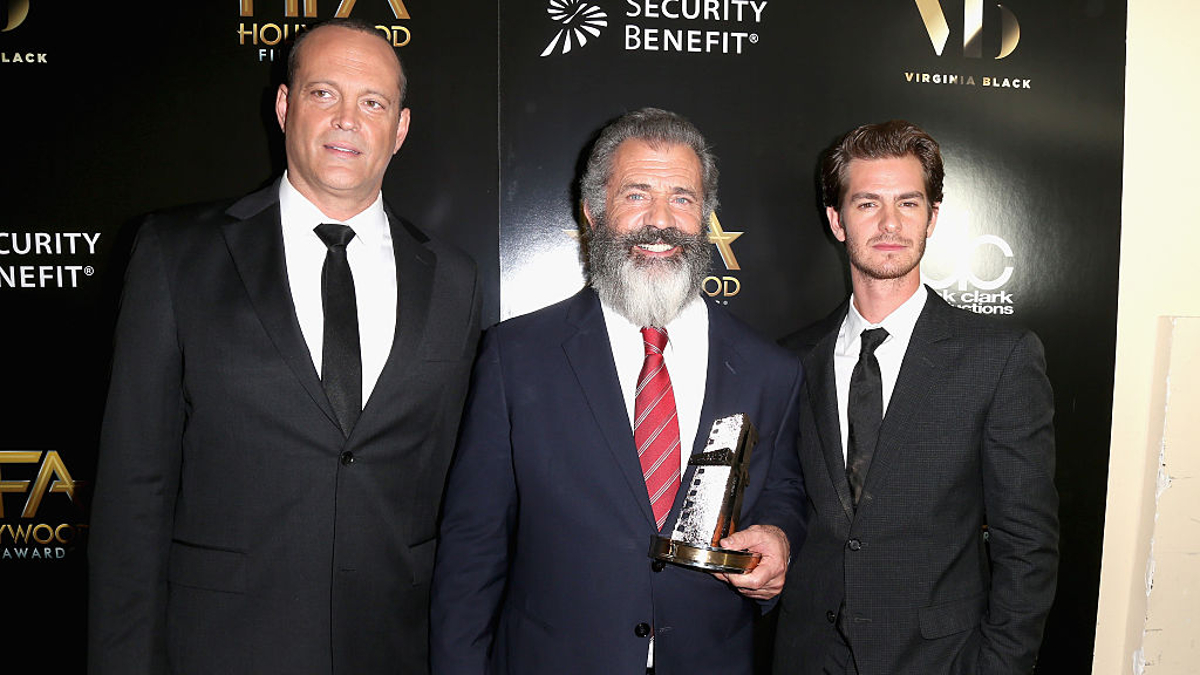
Considering the rest of his behavior, it’s not too shocking to also learn Gibson is abusive in his personal life. In 2010, phone messages Gibson sent to his ex Oksana Grigorieva were leaked. In these tirades, Gibson told Grigorieva she “deserved” to be hit while carrying her child, as well as other horrible threats and declarations involving black people simply too horrible to repeat here.
He was given a domestic violence restraining order that was meant to keep him away from Grigorieva and her child. Six years later, after help from another questionable personality (Robert Downey Jr.) and an appeal from a so-called journalist who seems to think because somebody is nice to them personally, they deserve to be forgiven for what they’ve done to other people, Gibson directed Hacksaw Ridge, which saw him earn six Academy Award nominations.

